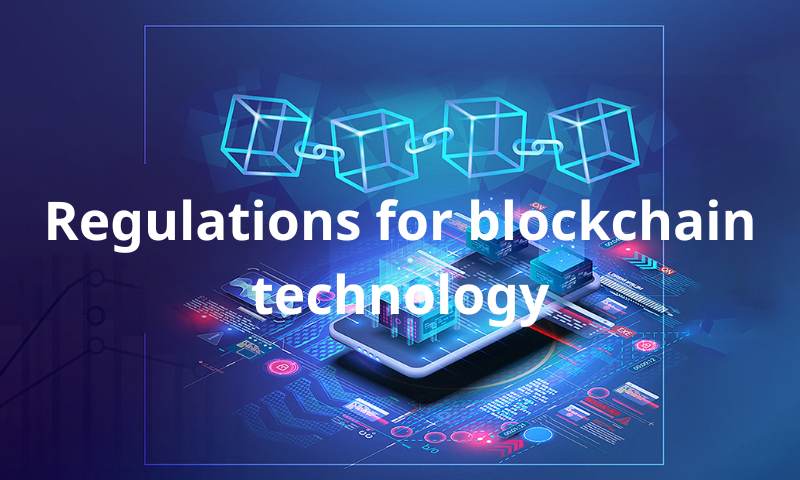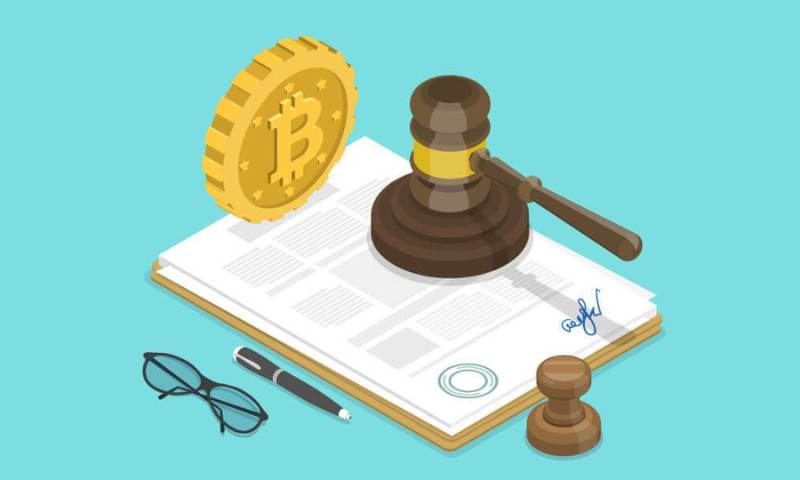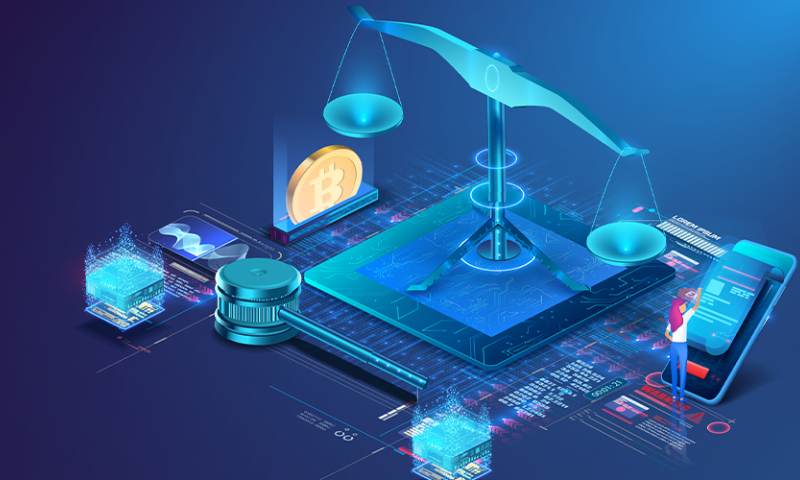Navigating the maze of Regulations for blockchain technology can feel like walking through a thick fog. You know there’s a clear path somewhere, but it keeps shifting beneath your feet. Don’t worry, I’ve been down this path and I’m here to help clear the air. As a tech enthusiast with an eye for legal puzzles, I’ve pieced together the complex web of global rules that govern the blockchain. We’ll start by mapping out the global landscape, decoding the intricacies of compliance, and comparing how different countries handle crypto. Next up, we’ll ensure you’re on top of legal compliance for every blockchain transaction. Finally, we’ll delve into the framework for DeFi operations and wrap up with smart strategies to innovate within legal limits. So buckle up and let’s demystify the regulations together.
The Global Landscape of Blockchain Regulations
Deciphering Cryptocurrency Regulation Compliance
Staying legal in cryptocurrency means understanding the rules. Each country has its own do’s and don’ts. To avoid trouble, companies need to know these laws well. They have to check customers’ backgrounds, watch out for money-laundering and follow many more rules.
For instance, in the U.S., organizations use Know Your Customer (KYC) laws to make sure they know who their customers are. This stops criminals from using digital money for bad stuff. But, rules can vary a lot from place to place, even between states.
One key rule for many is Anti-Money Laundering (AML). These regulations help stop the flow of illegal money. All financial companies need to follow them, not just crypto-related ones. This includes checking where money comes from and going after any strange activity.
Let’s talk about Digital Asset Laws. They cover how you own, buy, or sell digital currencies like Bitcoin or Ethereum. They make sure no one steals your digital cash and if they do, there’s a way to handle it.
Businesses using blockchain also have to think about the data they collect. They must keep this data safe and private, just like any other company should.
A Comparative Look at Crypto Regulation Globally
Now, let’s take a look at how countries compare when it comes to crypto rules.
Some places are super friendly toward crypto. They make it easy to do business and attract lots of new companies. Other places are stricter. They might make companies go through lots of checks or ban some crypto stuff completely.
For example, Japan has clear laws for crypto. This helps companies know what’s okay and what’s not. The European Union is working on new rules to make everything safe and fair. And in the U.S., it’s a bit of a mix. Each state might have its own take on how to handle crypto.
Countries are also trying to figure out new stuff like blockchain intellectual property rights. Who owns the idea behind a blockchain project? And what happens if someone copies it? These are big questions with tricky answers.
When we talk about cross-border transactions, things get even more complex. If you send crypto across national lines, both countries’ laws can apply. It’s like walking a tightrope between two buildings. You have to balance carefully so you don’t fall.
Securities Law for token offerings is another hot topic. Some tokens are treated like stocks or bonds. So, they have to play by the same rules as other investments. Other tokens are more like using arcade tokens; they’re just for use within a certain blockchain or game.
Lastly, some places have these cool things called Blockchain Regulatory Sandboxes. Here, companies can test new ideas in a safe space without getting in trouble. It’s like playing in a sandbox, but for grown-up tech stuff.
In short, the world of crypto laws is a maze. But knowing your way around it can help you play the game right and win. Stay sharp, and you’ll keep your blockchain business on the straight and narrow.
Ensuring Legal Compliance in Blockchain Transactions
Anti-Money Laundering (AML) Protocols on the Blockchain
When you deal with money online, rules are strict. AML rules stop bad folks from hiding their cash. In the blockchain world, AML is a big deal. Each country has rules to fight money crime. We make sure your money moves clean and clear.
These rules are not all the same. They change from place to place. We watch these rules and help you follow them. On the blockchain, every move can be seen. This makes it hard for bad acts to hide.
But there’s more to it. It’s not just about watching. It’s about knowing who you’re dealing with. That’s where KYC comes in.
Cross-Border Blockchain Transactions and KYC Norms
KYC stands for “Know Your Customer”. It means know who you’re dealing with. When money crosses borders, KYC matters a lot. Bad guys can trick the system. But with KYC, we catch them. We check people’s IDs and where they live. We need to know who’s good and who’s not.
Each country has its own KYC rules. Some want more checks, some less. It’s hard to keep up with every rule. That’s why you need experts. We guide you through. We make sure you don’t break laws by mistake.
Bringing it all together, we create safe spaces for your business. With AML and KYC, you can trust blockchain. You can focus on growing your business. We handle the legal side. Your money stays safe and clean. This means you can sleep well, knowing you’ve done right.
Remember, the blockchain is open. But laws still apply to you and your money. We help you see the signs and stay on track. This way, you win in the world of digital cash.
The Framework for Decentralized Financial Operations
DeFi Regulations and Blockchain Governance
Decentralized finance, or DeFi, is changing how we think about money. It lets you lend, trade, and borrow without a bank. For this to work, everyone must play fair. So, we have rules. Think of it like the rules in a board game. These rules help keep your money safe.
DeFi has its own rules. They aim to protect you from losing your cash. But these rules differ around the world. So, one must be careful. It’s a bit like traveling. What’s okay in one place may not be in another.
I guide companies in following these rules. It’s tricky since DeFi is still new, and the rules keep changing. Folks in law call this ‘regulation’. My job is to know these laws inside out. I make sure people follow them when they use DeFi.
There’s something called blockchain governance. It’s like a group decision at a family dinner. Everyone at the table has a say. It’s the same with DeFi. People can have their say in how things run. This can make things more open and fair for everyone.
ICO Regulations and Token Classification Guidelines
Now, let’s talk about raising money with ICOs. That stands for Initial Coin Offering. It’s a way to get funding for new projects. Think of it as a big bake sale, but for digital projects. You give money and get tokens, like cookies, but digital.
But there are rules for this too. We want to be sure it’s fair and not just taking your money without giving cookies. These rules help us know which tokens are just for fun and which are serious, like stocks.
In law, it’s vital to tell these apart. Some tokens are like owning a piece of a company. Others are more like using arcade tokens. It’s my role to help businesses know the difference. They need to know all these details to avoid legal troubles.
For a deep dive on ICOs and tokens, check out the external link. It has all the info you want.
I help people understand which laws apply to their tokens. It’s not easy since there are many types of tokens. And the laws are not the same everywhere. But we figure it out. It’s like a puzzle, and I help put the pieces in the right places.
Every day brings new challenges in blockchain. But that’s why I love this job. We’re at the front of a tech revolution, writing the rulebook as we go. What’s key is to keep everyone’s money safe while letting the tech grow. It’s a fine line to walk. But with the right guidance, we can find a path that works for all.
Innovating within the Bounds of Blockchain Legalities
Regulatory Challenges and Sandbox Initiatives
Making new things using blockchain is like building a cool fort. You must follow rules to ensure your fort is safe and everyone can enjoy it without getting hurt. The same goes for creating with blockchain—you need to play within certain rules, or laws, to make sure everything is fair and safe.
Blockchain is a list of records linked using math. It’s like a magic book that no one can erase or change once something is written in it. People around the world are trying to figure out the best rules for using this magic book. We call these rules ‘laws,’ and they are different in each place you go.
Some places have what we call a sandbox. It’s like a safe play area where kids can build sandcastles without any worries. In the blockchain world, sandboxes let people test their ideas in a safe space without breaking any major rule. They give people a chance to learn and make things better. You can think of it as a test drive for cool new blockchain ideas.
For example, in the UK, they have a sandbox where you can test how to use blockchain for money stuff, like making payments or trading. It lets companies show that their ideas work well and follow the rules. This helps everyone trust the new technology more.
Smart Contracts and the Enforceability Challenge
Smart contracts are like promises that the blockchain can keep without a person in the middle to check. They are special computer rules that make sure a deal goes through when everyone meets their part of the deal. They work on trust, although they are not written on paper.
But one big question is: Can we always trust these digital promises? People want to make sure that, if a deal goes south or if something odd happens, they have a say. You might think you can always trust a computer not to mess up. However, computers can only follow what they’re told. If the rules aren’t written well, things could go wrong.
Some countries are looking at making new laws so that these smart contracts are as strong as paper contracts. They’re trying to make sure that, if you make a deal using a smart contract, you can expect it to be followed just like any other promise. This means talking and working together to figure out the best way to write these rules. And it’s not easy.
The goal is to make smart contracts that everyone can rely on while making sure people are safe and treated fairly. It’s a tough job, but folks are working hard to find the best way. Keeping it simple and trustworthy is key.
Just like building a fort, we need tools and plans to create things with blockchain. Making sure these tools are safe and work well is essential. That way, everyone can enjoy the cool stuff that gets built. And when we have good rules, we can make even better and more exciting things, knowing that everyone plays fair.
We’ve looked at how different places handle blockchain rules and why it’s important to play by these rules. From the need to stick to AML laws to understanding how DeFi works, staying within legal lines matters a lot. We saw how each country’s rules can vary and why knowing these differences is crucial for any blockchain business.
We must innovate but also respect the law. Smart contracts and new projects face tough tests but offer big chances too. Playing in the ‘sandbox’ helps us test ideas safely. Law can be a friend, not just a rule book. Let’s use it to find smart ways to grow and still stay true to what’s right. Remember, doing things legally in blockchain isn’t just good for you, it helps everyone trust the tech more.
Q&A :
What are the basic regulations governing blockchain technology?
Blockchain regulations can vary significantly from one jurisdiction to another, but some common themes include the compliance with existing financial laws, data privacy mandates, and anti-money laundering (AML) requirements. Specific regulations may address the registration and operation of blockchain companies, requirements for smart contracts, and the taxation of cryptocurrency transactions.
How do blockchain regulations impact cryptocurrency?
Regulations directly affect how cryptocurrencies are traded, held, and taxed. They can also influence the level of adoption by establishing legal status, consumer protections, and financial oversight. Regulations like know-your-customer (KYC) and anti-money laundering (AML) laws are particularly significant for exchanges and wallet providers.
Are there international standards for blockchain regulation?
While there is not a globally unified approach to blockchain regulation, entities like the Financial Action Task Force (FATF) provide guidance on cryptocurrency and aim to set international standards to prevent money laundering and terrorism financing. The International Organization for Standardization (ISO) is also working on standards for blockchain technology.
How do blockchain regulations vary by country?
Countries range from having very strict regulations (e.g., China, where certain blockchain activities are banned), to more open and encouraging stances (e.g., Malta, which has established a clear and friendly regulatory framework). It’s essential for blockchain companies to understand and comply with the regulations specific to the countries in which they operate.
What are the future trends in blockchain regulation?
The future trends in blockchain regulation are likely to include greater clarity and structure as more governments and international bodies recognize the importance of the technology. This might involve standardized reporting requirements, enhanced security protocols, and more robust consumer protection mechanisms. As the technology matures, regulations are expected to evolve to better address the unique challenges and opportunities it presents.


